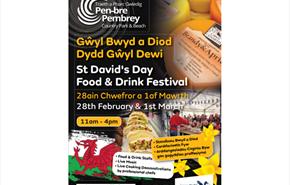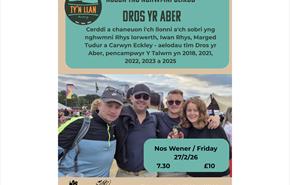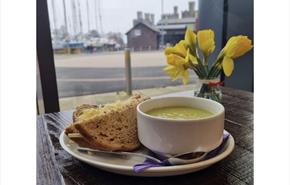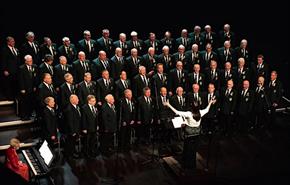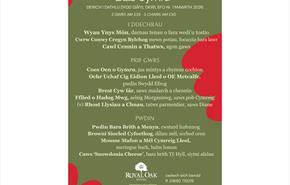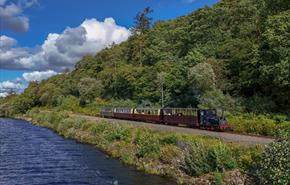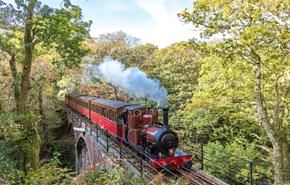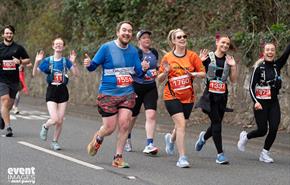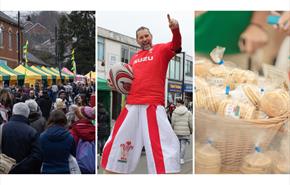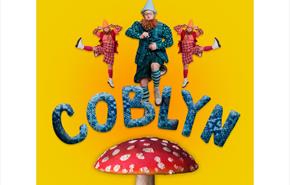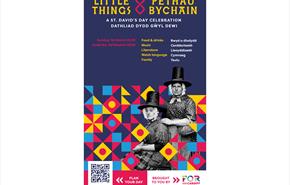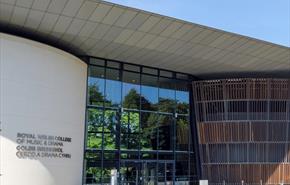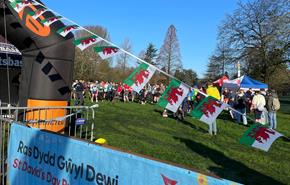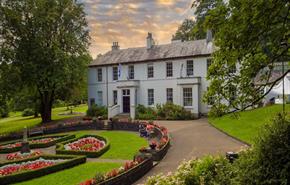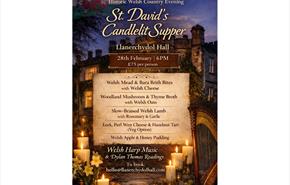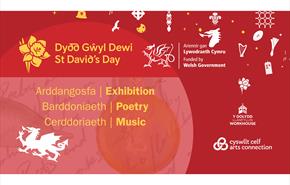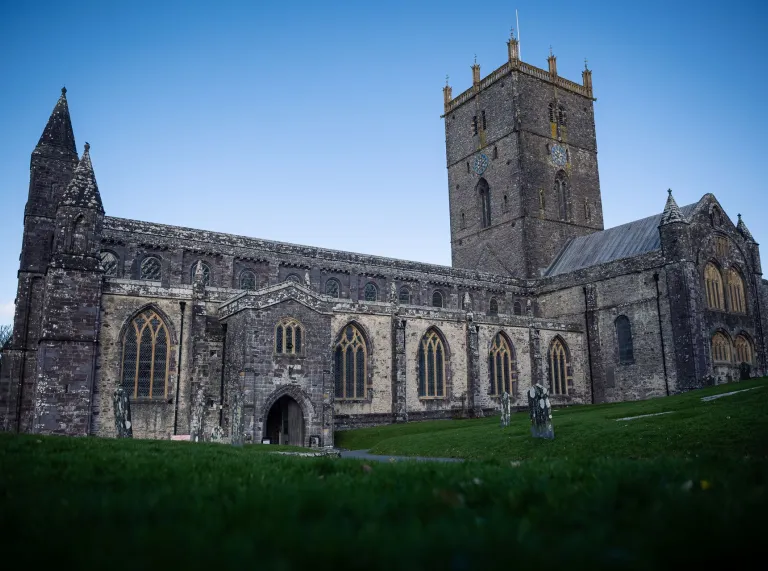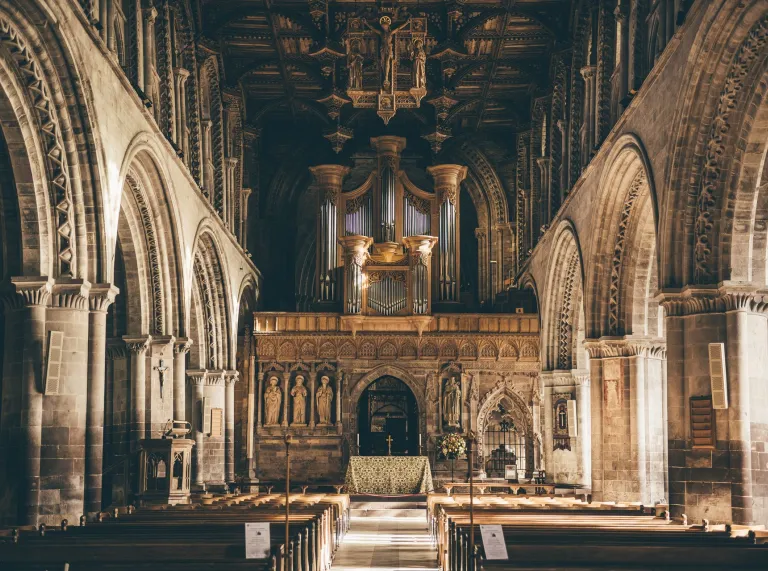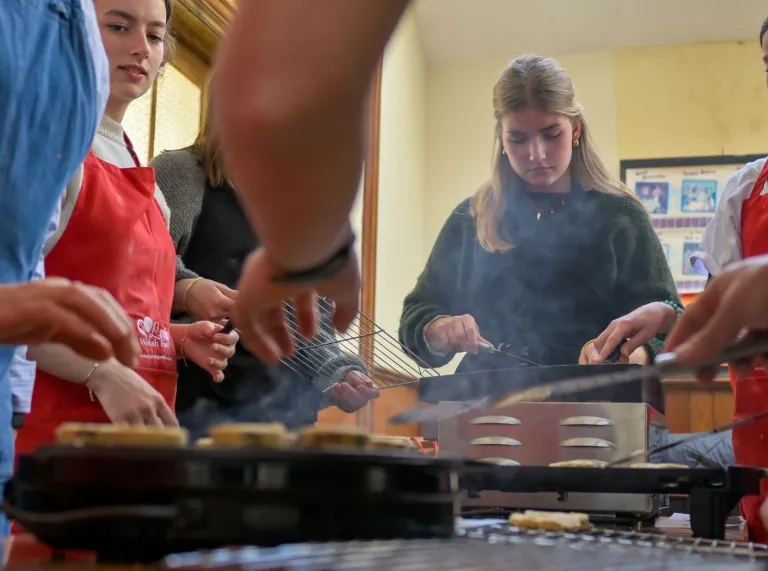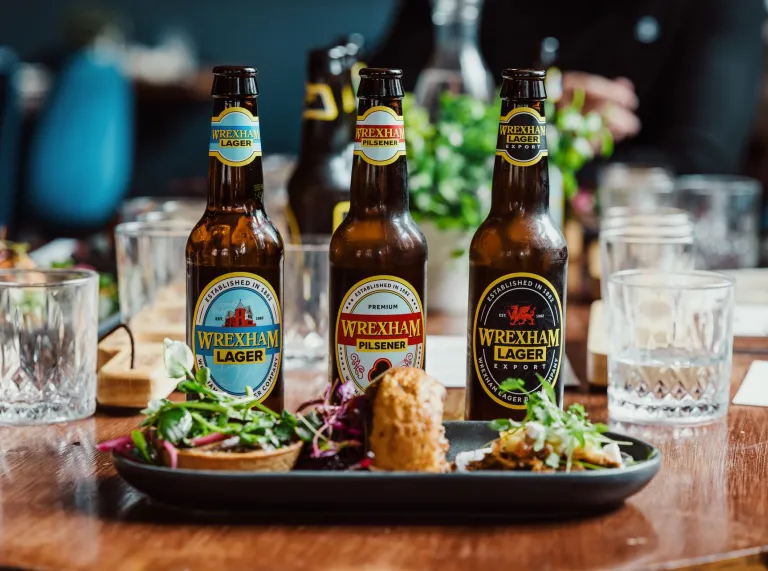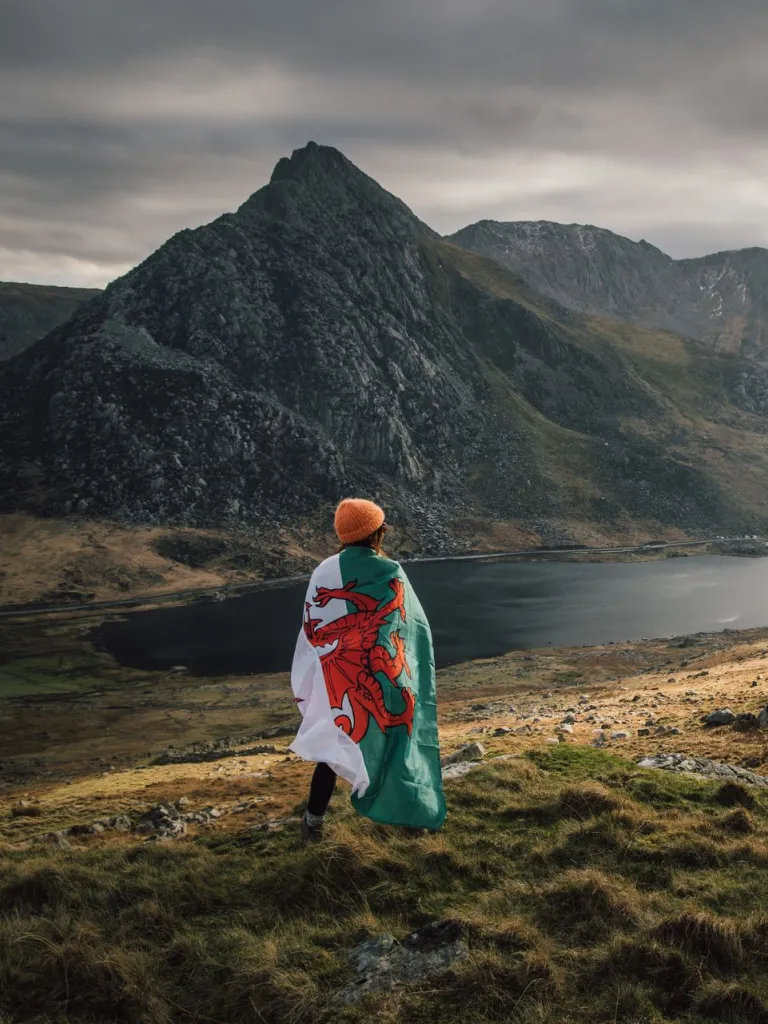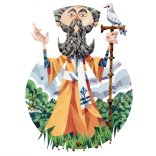Why celebrate St David's Day
St David’s Day is more than a date on the calendar - it’s a celebration of everything that makes Cymru special. From school Eisteddfods to colourful parades, communities across Cymru and around the world come together to share our culture, language, and heritage with pride.
We’re a nation united by tradition and spirit. Every 1 March is our chance to show it off - whether through grand parades, heartfelt performances or those small, everyday acts of Welshness. Saint David’s story still inspires us today. Born on a stormy clifftop, he went on to shape Wales’ spiritual heritage and build communities across the land. His legacy lives on in this vibrant celebration of Welsh identity – a day to honour our past and embrace our future.
Where to celebrate St David's Day
Join a local St David’s Day event in Cymru
Celebrate Welsh culture this St David’s Day - and make it unforgettable.
Join an organised event and soak up the sights and sounds of Cymru. Expect traditional music, lively folk dancing and community activities that bring our heritage to life.
And don’t miss the flavours of Wales! From steaming bowls of cawl to sweet slices of bara brith and freshly griddled Welsh cakes, St David's Day is a great opportunity to discover a true taste of tradition in Cymru.
Celebrate St David's Day at an event near you
Events in West Wales
- Events in West Wales
- Events in North Wales
- Events in South Wales
- Events in Mid Wales
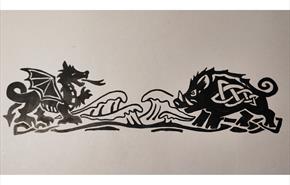

Women's Poetry Workshop: Women Who Create Wales
Women's Poetry Workshop with Mioe and award winning poet, Guinevere Clark.
The event is being held as…

Songwriting Workshop: Women Who Create Wales
It is being organised as part of Women Who Create Wales…

Creative AI for Filmmaking Workshop
Join Mioe and Joelle Rumbelow for this Creative AI for Filmmaking Workshop, as part of Women Who Create Wales: St David's Fest.
The…
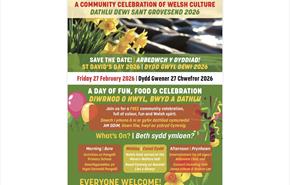
Dathlu Dewi Sant Grovesend 2026 - A Community Celebration of Welsh Culture
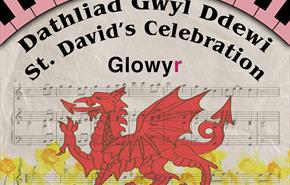
Ammanford St. David’s Celebration Concert
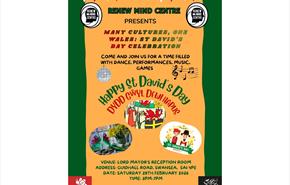
Many Cultures, One Wales: St David's Day Celebration

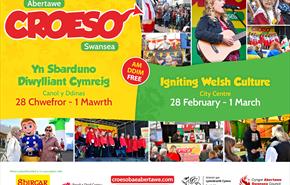
Gwyl Croeso
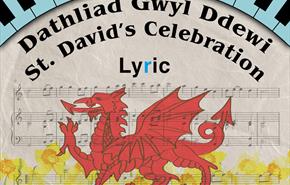
Carmarthen St David’s Day Concert
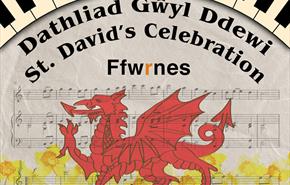
Llanelli St David’s Day Concert
